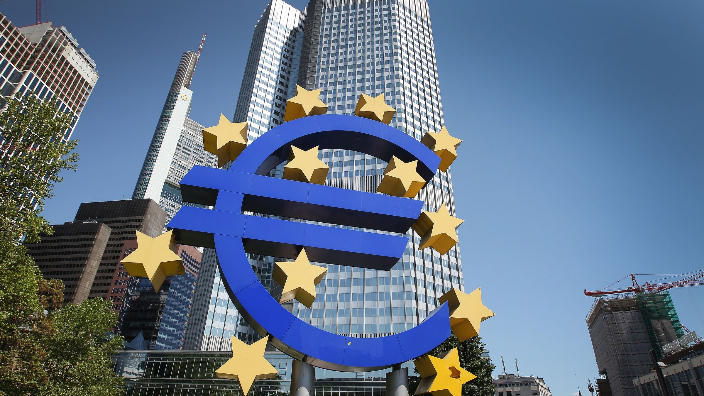

The European Central Bank will almost certainly leave the monetary policy unchanged following the meeting on Thursday, but it can recognize a sharp slowdown in economic growth, increasing the chances of postponing further normalization of policy.
The ECB completed a € 2.6 trillion ($ 2.96 trillion) bond buying program in December and confirmed the forecast that the regulator is likely to raise the interest rate later this year.
However, the growth of the economy seems to have been weaker than was thought just a few weeks ago. This suggests that the next step of the ECB may even be easing, rather than tightening monetary policy.
The GDP of Germany, France and Italy, the main economies of the eurozone, only slightly increased in the fourth quarter, and the ECB head Mario Draghi earlier admitted that slowing down the economy could be longer than expected, preparing the groundwork for the regulator's peaceful louting.
Against the background of a depleted inventory of incentives, Draghi will use the rest of the tools with care.
The most significant thing that the head of the ECB can do is worsen the assessment of the state of the economy, noting that the dangers to growth have now moved downward. He can also make it clear that new loans for banks in another round of long-term refinancing operations will most likely be possible only in spring.
Meanwhile, the US stock market rose slightly after Wednesday’s trading after the release of optimistic reports by a number of companies, but the rise in quotes limited the continuing concern about trade tensions and partial suspension of the US government.
All three major stock indices closed in positive territory, with the Dow Jones index showing the most significant growth due to the good quarterly results of International Business Machines, Procter & Gamble Co and United Technologies.
To receive new articles instantly Subscribe to updates.